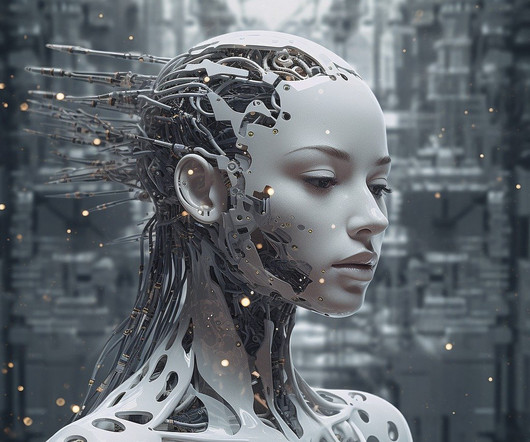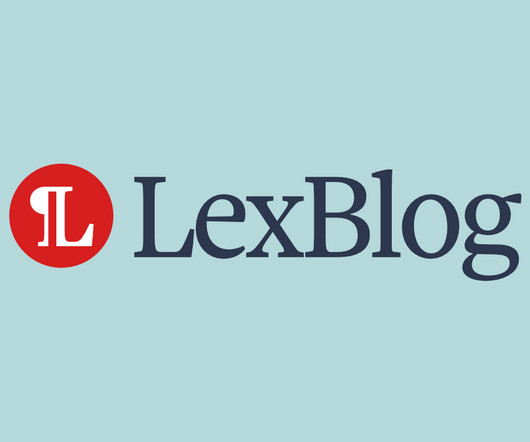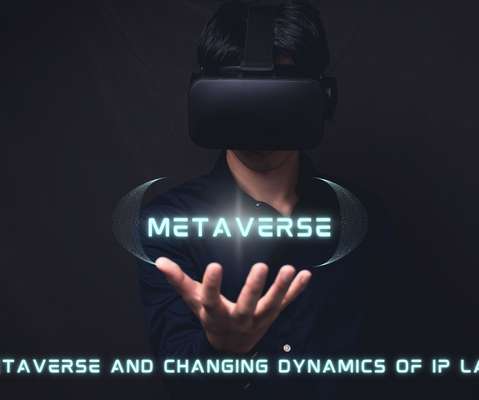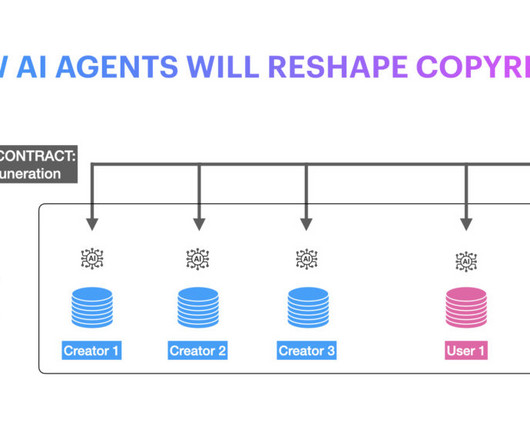Generative AI: the US class action against Google Bard (and other AI tools) for web scraping
Kluwer Copyright Blog
OCTOBER 3, 2023
Google , which recognized property interest in personal information). By failing to do so prior to scraping the internet, the defendants did not allow all the class members a right to delete their personal information collected by the defendants, and a right to opt out of the use of that information, which was used to build the Products.











Let's personalize your content